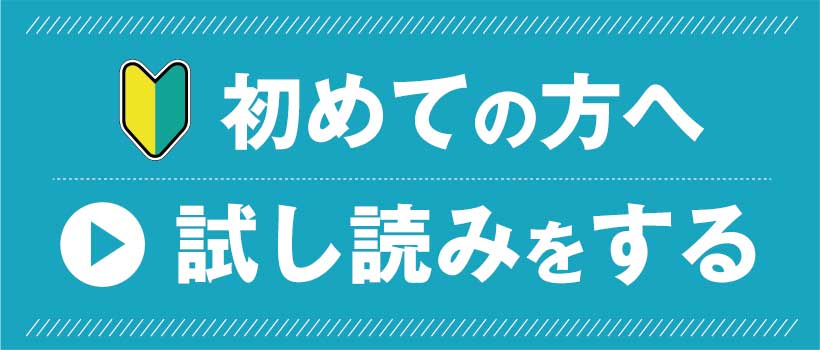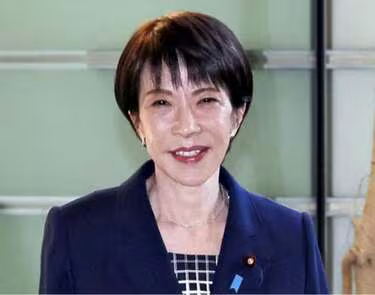※Translated with Notion AI. (Plus version)
While it’s certainly encouraging that more Japanese people can speak English now, a question sometimes crosses my mind: “Can we really say this English is truly effective on the global stage?”
Every time this question weighs on my heart, along with my sense of responsibility as a teacher, a deeper aspiration grows within me.
It’s the strong desire to nurture abilities that go beyond English, to develop Japanese people who can confidently succeed on the world stage.
This conviction is why I stand at the teacher’s podium.

English is Just a Tool – What Lies Beyond?
Indeed, being able to speak English is important.
But that’s not everything.
What’s crucial is “what you say and how you convey it.”
I try to make my students truly understand this every day.
English is merely a tool.
How effectively you use this tool determines the impact you can have on the world.
Even if your English grammar is perfect, if the “perspective” and “insight” behind those words are lacking, even the most eloquent statements can fall on deaf ears.
For instance, one day I had the opportunity to attend a meeting at a foreign-owned company.
I witnessed Japanese participants with fluent English being overlooked during discussions, while another Japanese person who struggled somewhat with the language commanded serious attention from Western executives.
The difference wasn’t in their “English ability.”







